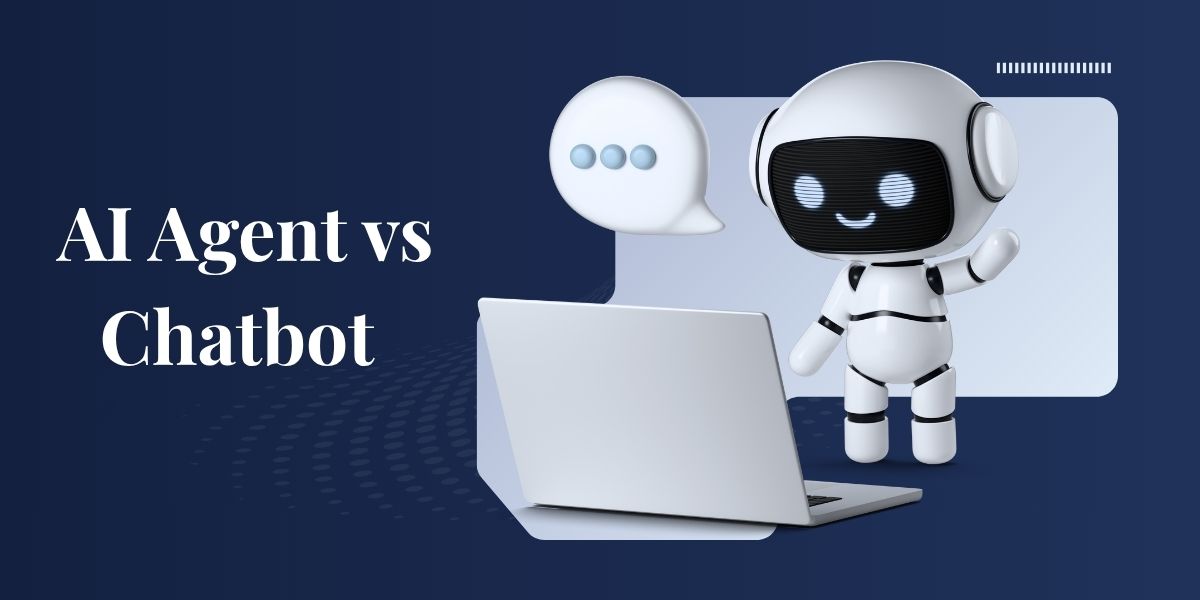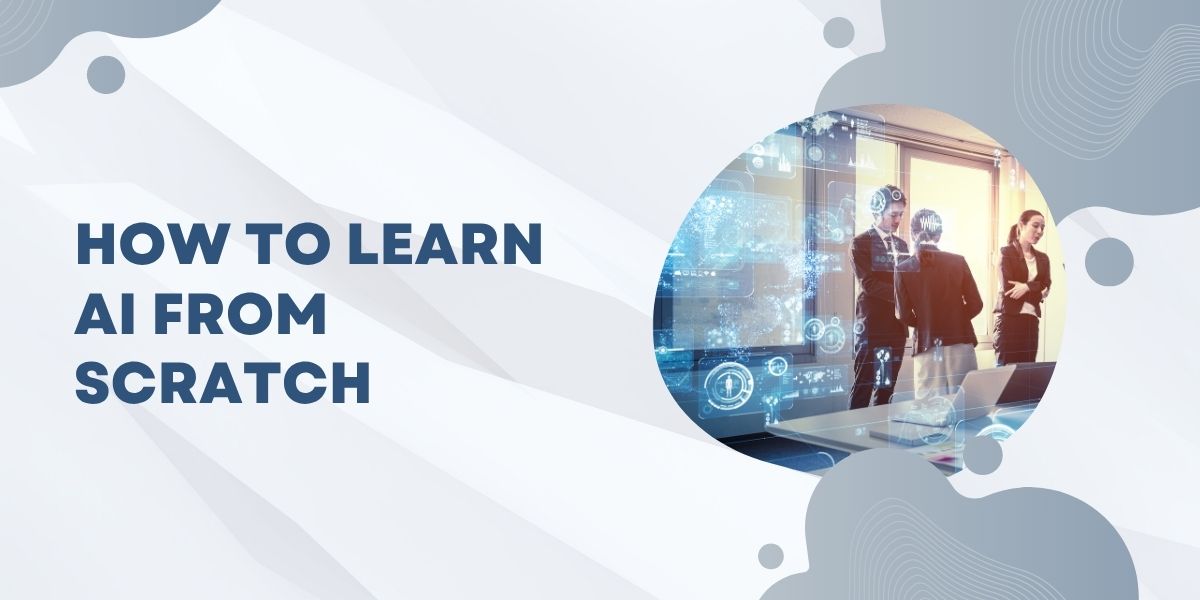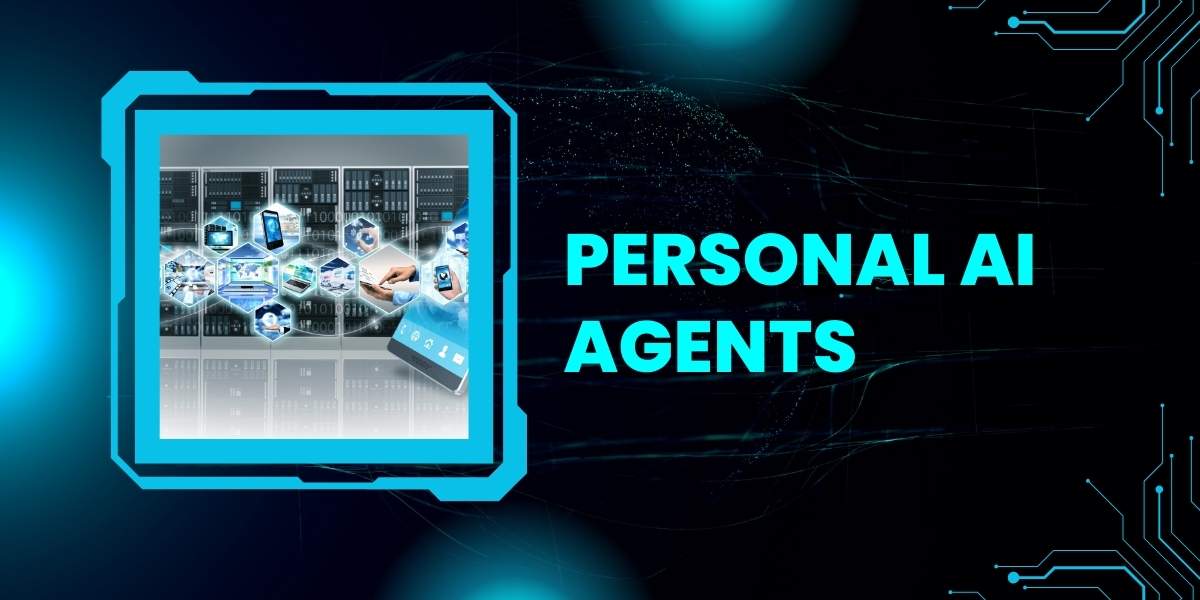
AI Agent vs Chatbot: What’s the Difference—and Which Should You Build?
Have you ever wondered why some chat experiences feel simply reactive, while others actually seem to think and act on their own? The terms “chatbot” and “AI agent” are often tossed around as if they mean the same thing, but they serve very different purposes. A chatbot’s core job is to engage in conversations—answering questions, providing quick help, or guiding users to the right resource. An AI agent, on the other hand, goes beyond dialogue. It can plan, take autonomous actions using tools, analyze data, and dynamically adjust its behavior through continuous feedback loops. In today’s world of intelligent systems, this difference shapes how businesses automate support, streamline operations, and boost customer experiences. This guide unpacks AI Agent vs Chatbot, these two technologies, highlights what sets them apart, explores the role of AI in driving smarter conversations, and wraps up with a simple framework to help you decide which approach best fits your product or workflow. What is a Chatbot? Ever chatted with a brand online and got an instant reply? That’s likely a chatbot at work. A chatbot is a conversational interface that interacts with users through text or voice, designed to make digital communication feel seamless and human-like. It’s optimized for dialogue—answering questions, guiding users through options, gathering information, and even initiating simple automated tasks. Whether it’s helping track an order or walking someone through troubleshooting steps, chatbots work as tireless virtual assistants available around the clock. Use cases Types Benefits What is an AI Agent? Have you ever interacted with a system that not only replies but actually takes action on your behalf? That’s what defines an AI agent. Unlike a simple chatbot that sticks to conversations, an AI agent is a software entity capable of perceiving its environment, reasoning through information, and acting purposefully toward a defined goal. It leverages tools and APIs, maintains memory to track context, and operates using a continuous control loop—observe → plan → act → evaluate → repeat. This structure enables it to handle multi-step workflows like retrieving real-time data, performing service calls, updating databases, sending notifications, or even coordinating with other systems and agents. In essence, while a chatbot talks, an AI agent thinks, decides, and acts—making it a crucial layer in next-generation automation and intelligent operations. Also Read – How to Build AI Agents From Scratch Use cases AI agents are built to go beyond simple conversation—they actually execute meaningful work. Here are some practical scenarios where they add measurable value across business functions: Types AI agents come in different architectures depending on how independently they operate and how they interact with other agents or systems. Each design suits specific goals and complexity levels. Benefits AI agents bring tangible business advantages by converting intelligence into action rather than just conversation. They allow systems to work smarter, stay connected, and deliver measurable outcomes. What are the Differences Between a Chatbot and an Agent? Have you ever noticed how some digital assistants simply chat, while others seem to understand context and take real action? That’s where the line between a chatbot and an AI agent becomes clear. Though both interact through conversation, their underlying purpose, architecture, and intelligence levels differ significantly. Understanding these distinctions is key to knowing when to deploy each—whether you aim to enhance support efficiency, power autonomous operations, or build truly intelligent user experiences. How Is AI Used in Chatbots? Modern chatbots are far more than scripted responders—they’re intelligent systems powered by AI that understand, reason, and adapt during conversations. Thanks to various AI components, they can interpret nuance, stay grounded in facts, and respond safely and accurately. AI Agent vs Chatbot: Which Is Better? Choosing between a chatbot and an AI agent depends heavily on your specific goals, risk tolerance, and how mature your systems integration is. Here’s a quick guide to help you decide what fits your needs best: Choose a Chatbot if… Choose an AI Agent if… Hybrid Strategy (often the winner): Start with a chatbot to realize quick wins and capture immediate value. As you gather data and identify clear opportunities—such as frequent tickets requiring straightforward, reversible actions—you can introduce an AI agent behind the scenes to handle those specific tasks. Incorporate HITL approvals for sensitive or high-risk steps. Over time, the chatbot serves as the friendly front door, while the AI agent powers the back-office automation that actually gets things done. Conclusion for AI Agent vs Chatbot A chatbot delivers scalable, consistent conversation and guidance, making it ideal for straightforward interactions and quick information delivery. In contrast, an AI agent goes beyond conversation to deliver actual work—planning, executing tasks, and integrating multiple systems through tools and data. Both technologies are complementary rather than competing. Most successful teams start with a capable, grounded chatbot to quickly capture value and reduce repetitive workload. Then, they layer in AI agent capabilities where actions are well-defined, high-value, compliant, and require multi-step workflows. The key to success lies in clearly defining desired outcomes, implementing robust guardrails like governance and human-in-the-loop approvals, relentlessly measuring performance, and only expanding autonomy as maturity and metrics confirm readiness. This approach ensures operational efficiency while managing risk and maximizing business impact. FAQs for AI Agent vs Chatbot Q1: Are chatbots obsolete now that AI agents exist? Ans: No, chatbots are far from obsolete. They excel at fast, low-cost information delivery and help triage customer inquiries efficiently. AI agents complement chatbots by handling complex workflows and executing tasks. Many organizations find value in using both in tandem to balance speed, cost, and capabilities. Q2: Can a chatbot become an agent later? Ans: Yes, a chatbot can evolve into an AI agent over time. Organizations often start with a simple question-and-answer bot that handles FAQs and light tasks. As they mature their governance and integrations, they add features like tool use, memory, and approval workflows, effectively upgrading the chatbot into a more autonomous AI agent. Q3: Do I need a large language model (LLM) for a chatbot? Ans: Not always. Rule-based or retrieval-augmented chatbots




